
Just because there will be no mass multicultural and interfaith Palm Sunday rallies for refugee rights doesn't mean we cannot show our support. Zebedee Parkes details how you can join the online protest.

Just because there will be no mass multicultural and interfaith Palm Sunday rallies for refugee rights doesn't mean we cannot show our support. Zebedee Parkes details how you can join the online protest.

Hundreds of refugees and asylum seekers now face the risk of COVID-19 infection and should be freed, writes Zebedee Parkes.

Wharfies at the DP World terminal in Melbourne were stood down after refusing to unload a container vessel on quarantine grounds. Kerry Smith reports the Maritime Union of Australia is campaigning to protect the workforce and community.

The COVID-19 pandemic has forced Green Left to temporarily suspend its print production, but we are determined to rise to the challenge over the next weeks and months, write GL editors Pip Hinman and Susan Price.

The tide appears to be turning against the federal government’s punitive robodebt scheme, reports Kerry Smith.
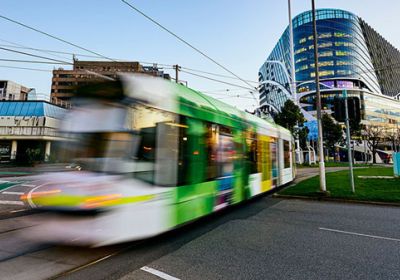
As public transport usage collapses, the private operators of Melbourne’s public transport system are seeking a “rescue package”, reports Chris Slee.
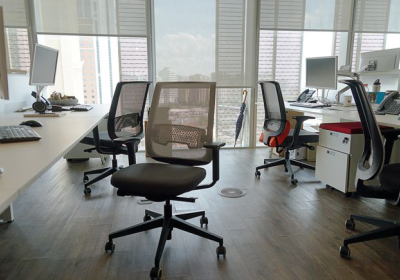
Library staff closed the doors of all 90 TAFE libraries across New South Wales on March 26, reports Perry Kenny.
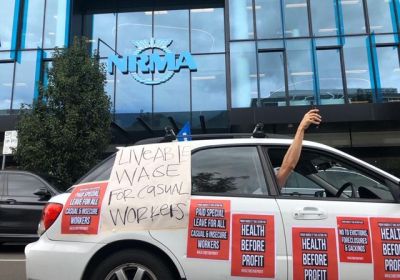
Two companies have used the COVID-19 pandemic to justify mass sackings of ferry workers, report Jim McIlroy and Rachel Evans.

The coronavirus pandemic is both a threat to our health and corporate profits. As Alex Bainbridge argues, our health needs must come first, which means meeting health needs without making workers and the unemployed pay for the crisis.

After explicitly ruling them out, the federal government has now announced it will legislate for wage subsidy packages. Lisbeth Latham takes a critical look at what's on offer.
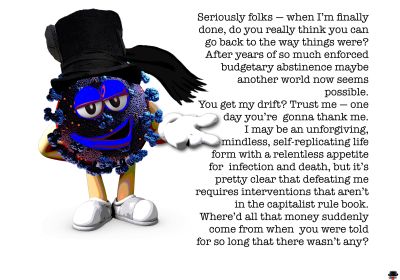
Who should pay for the more than $300 billion COVID-19 stimulus packages? Rather than shifting the cost on to workers and the poor, Jim McIlroy points to an alternative solution.

Life under COVID-19 just got scarier for many women. Isolation at home is not the safest choice for women trapped in abusive relationships, writes Chloe DS.
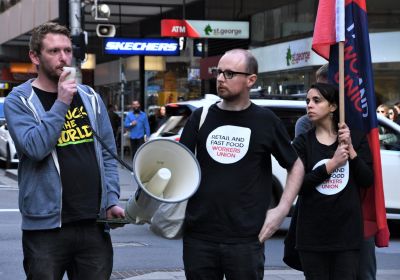
The COVID-19 crisis is highlighting how inadequate the rules governing casual workers really are, writes Leo Crnogorčević.

The federal government is not taking the necessary measures to reduce the risk of COVID-19 transmission to inmates and staff at its immigration detention facilities, argues Niko Leka.

Governments are opting for authoritarian measures they claim will protect us in the pandemic. Jacob Andrewartha argues their main focus should be educational and service-focused.
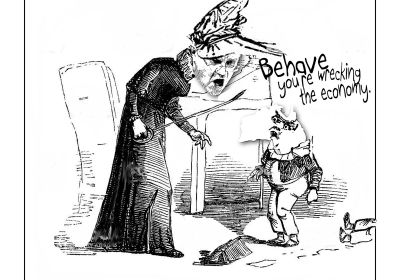
Prime Minister Scott Morrison has closed down federal parliament, ostensibly for health reasons, and placed corporate CEOs at the helm of his new National COVID-19 Coordination Commission. Paul Gregoire takes aim at this blatant power grab.

The federal government has passed two stimulus packages, largely aimed at helping its corporate mates. Unions need to push hard for income protection and welfare support, argues Tim Gooden.

While the COVID-19 pandemic is affecting everyone, some groups are more at risk than others and face greater stigmatisation, writes Mary Merkenich.

Our response to COVID-19 has to emphasise that nobody is expendable, and the needs and lives of vulnerable people, the poor and oppressed are more important than corporate profits, writes Isaac Silver.

Indonesia, which does not have the infrastructure for small-scale, let alone, mass testing is covering up the figures on COVID-19 transmission, reports Rebecca Meckelburg.

Filipino activists delivering aid to communities abandoned by the government are facing daily threats, harassment and arrest. They are appealing for urgent funds to continue their work among the urban poor, writes Susan Price.
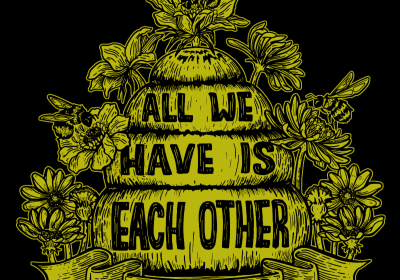
A survey taken as US Congress debated a $4.5 trillion corporate bailout amid the coronavirus pandemic shows most people believe the political system works only for the wealthy and elite, writes Julia Conley.
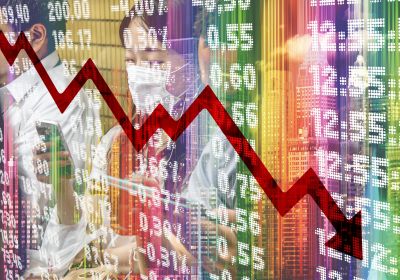
The coronavirus pandemic has exposed longstanding divisions in the European Union, with clashes over how to fund the response and solidarity in short supply, writes Duroyan Fertl.
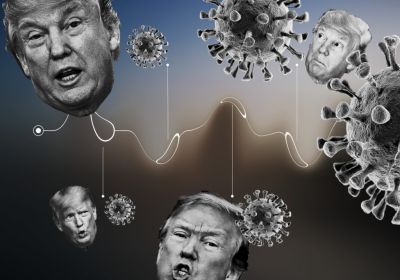
The United States' healthcare system was already woefully unprepared for the COVID-19 epidemic. Barry Sheppard writes President Donald Trump's flippant attitude has not helped the country deal with the mounting crisis.
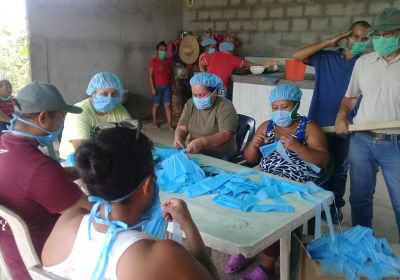
Despite a deep economic recession, a profound political crisis and international sanctions that have ravaged its health sector, the South American nation of Venezuela is demonstrating that prioritising lives is possible in the battle against COVID-19, writes Federico Fuentes.
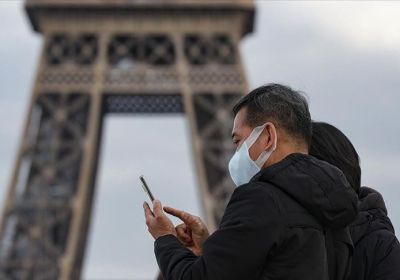
French President Emanuel Macron hopes to show bosses and the stock market he has a plan for recovery through the next few months, without half a million people dead or mass rioting in the streets, writes John Mullen.
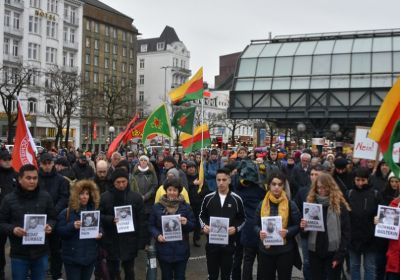
We will not forget any individual killed by racist, anti-Semitic, anti-Roma, queerphobic, misogynistic, inhuman ideologies, nor the intellectual apologists sitting in parliaments stirring the fire, says Ferat Ali Kocak.

While the coronavirus sickens more people, Palestinians simultaneously face an older enemy, writes Tamara Nassar.
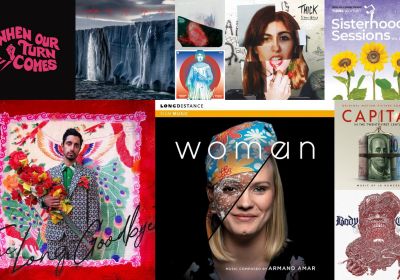
Stuck in isolation? Mat Ward looks at some of the best political albums of March for you to pass the time with.